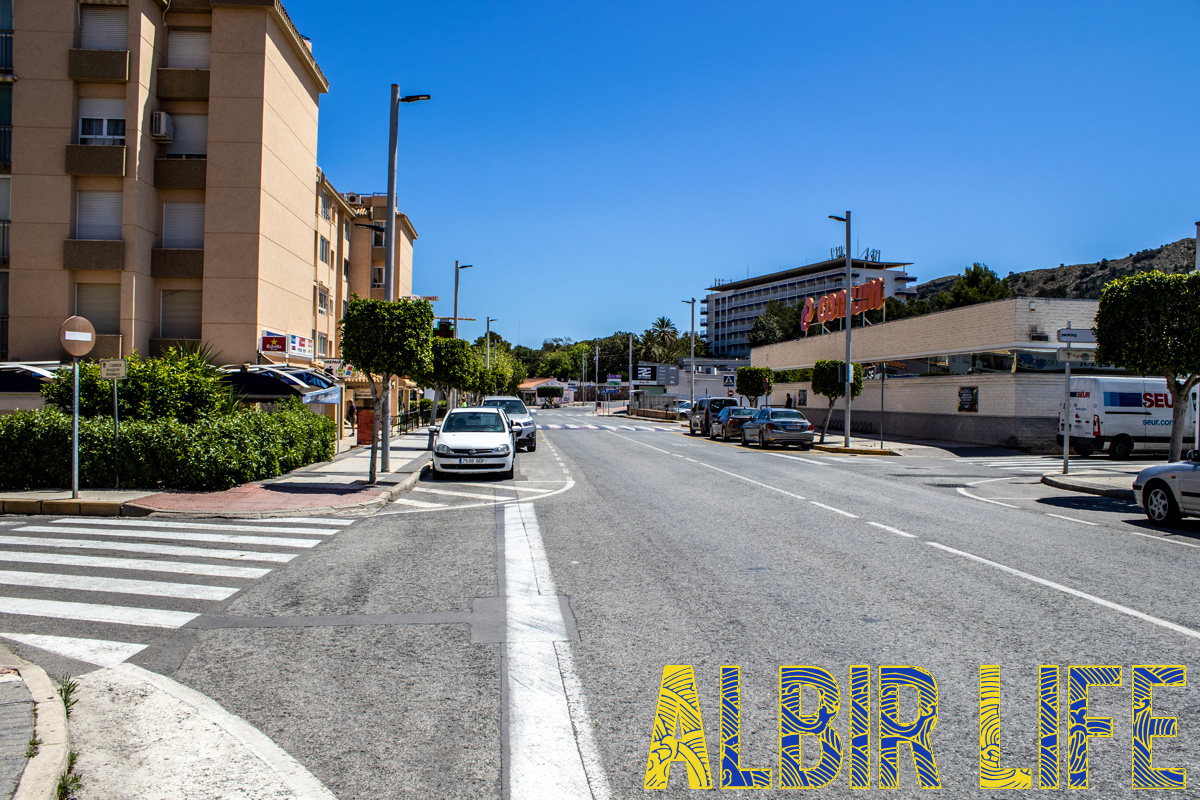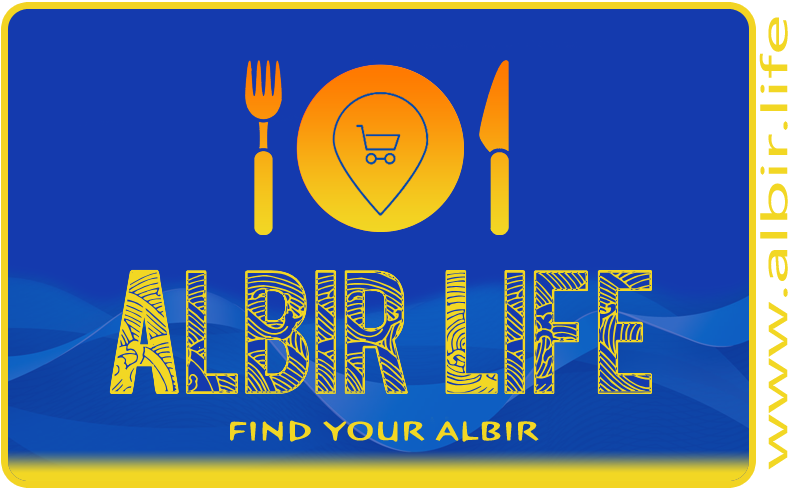Register using the link in the menu for full access to our guide and blog, and follow Albir.Life on Instagram for great Albir Info and Photos.
Coronavirus Restrictions June 2021 Update:
Bars and restaurants are now open. Full capacity allowed on the terraces and 50% inside. Restrictions on groups meeting inside and outside have been lifted, as has the night time curfew. Life is getting back to normal and the hotels are now opening their doors for guests. Bars are open until 1am or 2am, and nightclubs are due to re-open. But no dancing!
Live music is allowed, with restrictions. There is to be no dancing, and people must remain 2 metres away from the performing artists.
It has now been announced that from the end of June 2021 the wearing of face coverings (mask) is no longer required when in outdoor public spaces, such as walking the street, in a park or on the beach, only when you can socially distance (1.5m). It will still be required in shops and indoor spaces.
Coronavirus Restrictions January 2021 Update:
The Valencian Community central government Ximo Puig announced on Tuesday 19th January that new restrictions come into force from midnight 00:00h on Thursday 21 January.
All hosteleria establishments, which includes bars, cafes and restaurants must close their doors. This is for a minimum period of 14 days. This is to reduce the number of people meeting socially and increasing the spread of the virus. And to avoid a total home confinement lockdown.
These restaurants will still be able to provide take away and home delivery food services. But no entry to the property is allowed.
All other service shops must close at 18:00h (6pm) except for business classed as essential such as food shops, chemist, doctors etc. This is allowed until the time of the curfew at what is currently 10pm. There are proposals to bring this forward to 8pm. Meaning that no street activity between the hours of 8pm and 6am unless essential or necessary.

First Published in April 2020: The above is a photograph showing the current situation in Albir. It is 1pm on a glorious sunny afternoon. The temperature is in the high 20’s. This is the main street, usually full with people and cars at this time of day and year, is pretty much deserted. The terraces of the cafés and bars are empty, as are the stock rooms and tills.
This has been the normal for the last 6+ weeks. The towns population has been remarkable with the self-isolation, quarantine and lockdown. The Coronavirus pandemic has been very hard for everyone, some people have not even left their, perhaps tiny, apartment for over 45 days. Others have had illness and even loss of family and friends.
Many small businesses are now on the brink of total devastation. There have been promises from the government for assistance but, for many, very little has been forthcoming. The self employed such as hairdressers, beauticians, fitness trainers, pool cleaners and gardeners have lost full income. Employees at bars, restaurants, hotels and shops have been made, either permanently or temporarily, redundant on ERTE schemes. Most have not yet received any unemployment benefit payment from the government. For many people the money is running out!
Is there now a light at the end of the tunnel? The Spanish government has announced plans for a phased return to some kind of new “normality”. There are 4 phases, with PHASE 0 being the preparation. This phase is much like the current situation. From May 4th 2020 appointments for services and purchases of products can be made. Food ordering for takeaway can resume. With strict safety and social distancing guidelines. This means some people can get back to work. But this is the few, and this is the way it should be.

PHASE 1 is the biggest easing of restrictions so far. On 11th May cafés and bars that have outside sidewalk (pavement) table seating or terrace seating are allowed to open. But they are only allowed to accommodate (seat/serve) 30% of their capacity. Those with small terraces will perhaps only be allowed to cater for maybe 5 people. This will do very little to ease the suffering of any landlords. It will not enable many serving and waiting staff to return to work.
Strict conditions also mean that no customers will be allowed to enter the interior of the bar or restaurant. We have yet to determine how this will affect use of the toilet facilities. This seems a strange restriction. A bar cannot allow a person to enter the premises to order at the bar or visit the toilet, but yet at the supermarket next door you are able to go in, grab a 6 pack, go to the checkout and pay, and then use the toilet if they have one. This seems a very strange rule considering the 30% capacity and social distancing that is in force anyway.
How will the rules be enforced? Do the bars, restaurants and authorities know the capacity of every terrace? Does it depend on how many tables and chairs you can squeeze onto your two square metres? Is there any restriction on opening or closing times? The new government announcement seems to raise more questions than it answers. The relief that some people can resume “normal” operations will certainly be welcome, but perhaps it is not the best way forward. Perhaps to remain closed until a normal inside and outside capacity can be established would be better. People will determine themselves how much social interaction is tolerable. Or is this enabling high levels of stupidity. The current level of understanding of the deescalation levels and process is best described in English by Spanish national daily newspaper El Pais, and can be found here.
The outbreak in Spain has been extreme, one of the worst Coronavirus affected countries in the world. A lot of international press has highlighted many underlying factors that could have contributed to the early and rapid rise of infections and deaths here. One of these is the nations built in “café culture”. February saw warm days. In Madrid and other large municipalities, as the pandemic was rising so was the number of people sitting with their coffees and beers on the sidewalks and terraces of the cities many bars, cafes and restaurants. Many experts believe that this customary Spanish way of life led to the Covid-19 virus spreading much quicker. Of course, it is not just this that caused the high-level increase in infections and deaths. But a quick return to the terrace café culture, when it cannot be effectively policed or monitored is perhaps not the best option.
I do welcome the day when all the lovely restaurants, cafés and bars of Albir are back doing what they do best. Lets just hope this can be done safely and sensibly.
Please share this article with your friends and I encourage you to leave your thoughts and comments below.



